Specialists in Tools and Equipment
Hydraulic Fluids: Key to Machinery Motion
Hydraulic fluids serve as the lifeblood of countless hydraulic systems.
In the realm of machinery and motion, hydraulic fluids play an indispensable role, serving as the lifeblood of countless hydraulic systems. These specialized fluids transmit power, provide lubrication, and dissipate heat, enabling a wide range of equipment to operate smoothly and efficiently. Understanding the intricacies of hydraulic fluids, their diverse types, and their crucial properties is essential for ensuring optimal performance and longevity of hydraulic systems.
This comprehensive blog post delves into hydraulic fluids, exploring their classification, key characteristics, and maintenance practices that safeguard their integrity.
Classification: A Spectrum of Hydraulic Fluids
The diverse world of hydraulic fluids is categorized based on their base fluid composition:
1. Mineral Oil-Based Hydraulic Fluids: The most widely used type, mineral oil-based fluids offer excellent performance at a competitive cost. They are known for their stability, viscosity index, and ability to withstand high temperatures.
2. Synthetic Hydraulic Fluids: Synthetic fluids boast superior performance in extreme environments, offering enhanced resistance to oxidation, wear, and extreme temperatures. Their extended service life makes them a cost-effective choice for
demanding applications.
3. Water-Based Hydraulic Fluids (HBFs): HBFs offer a more environmentally friendly alternative, exhibiting low flammability and biodegradability. They are particularly well-suited for applications where fluid leakage poses a risk to environmental
contamination.
Key Characteristics: The Essence of Hydraulic Fluids
Several key characteristics define the performance and suitability of hydraulic fluids:
1. Viscosity: Viscosity, the resistance to flow, is a critical factor in ensuring proper lubrication and power transmission. The viscosity index, a measure of viscosity change with temperature, is equally important.
2. Compressibility: Hydraulic fluids must be nearly incompressible to effectively transmit power. High compressibility leads to energy loss and inefficiencies.
3. Contamination Resistance: Hydraulic fluids must be able to resist contamination from water, air, and solid particles, as these can lead to wear, corrosion, and performance degradation.
4. Thermal Stability: Hydraulic fluids must maintain their properties over a wide range of temperatures to ensure optimal performance in varying operating conditions.
Maintenance Practices: Preserving the Integrity of Hydraulic Fluids
Proper maintenance is crucial for safeguarding the integrity of hydraulic fluids:
1. Regular Fluid Changes: Fluid changes at recommended intervals remove contaminants and replenish additives, extending the fluid's life and protecting the system.
2. Filtration: Filtration systems remove contaminants from the fluid, preventing wear and corrosion of components. Regular filter changes are essential.
3. Air Bleed: Air in the hydraulic system can lead to spongy operation and component damage. Air bleed procedures ensure proper system function.
4. Leak Detection and Repair: Prompt detection and repair of leaks prevent fluid loss and contamination, safeguarding system integrity.
The Power Within
Hydraulic fluids, the unseen force behind a multitude of machines, are the unsung heroes of the mechanical world. Understanding their intricacies, selecting the right type for specific applications, and implementing rigorous maintenance practices are essential to ensure the smooth, efficient operation of hydraulic systems. As technology advances and demands on
hydraulic systems intensify, and the role of hydraulic fluids will only become more pivotal, driving innovation and shaping the future of motion.
If you’re in the market to rent or buy hydraulic equipment, ZoAir is a trusted distributor of leading manufacturers in Construction and Industrial settings. Contact us at 631-737-4242 for expert advice.
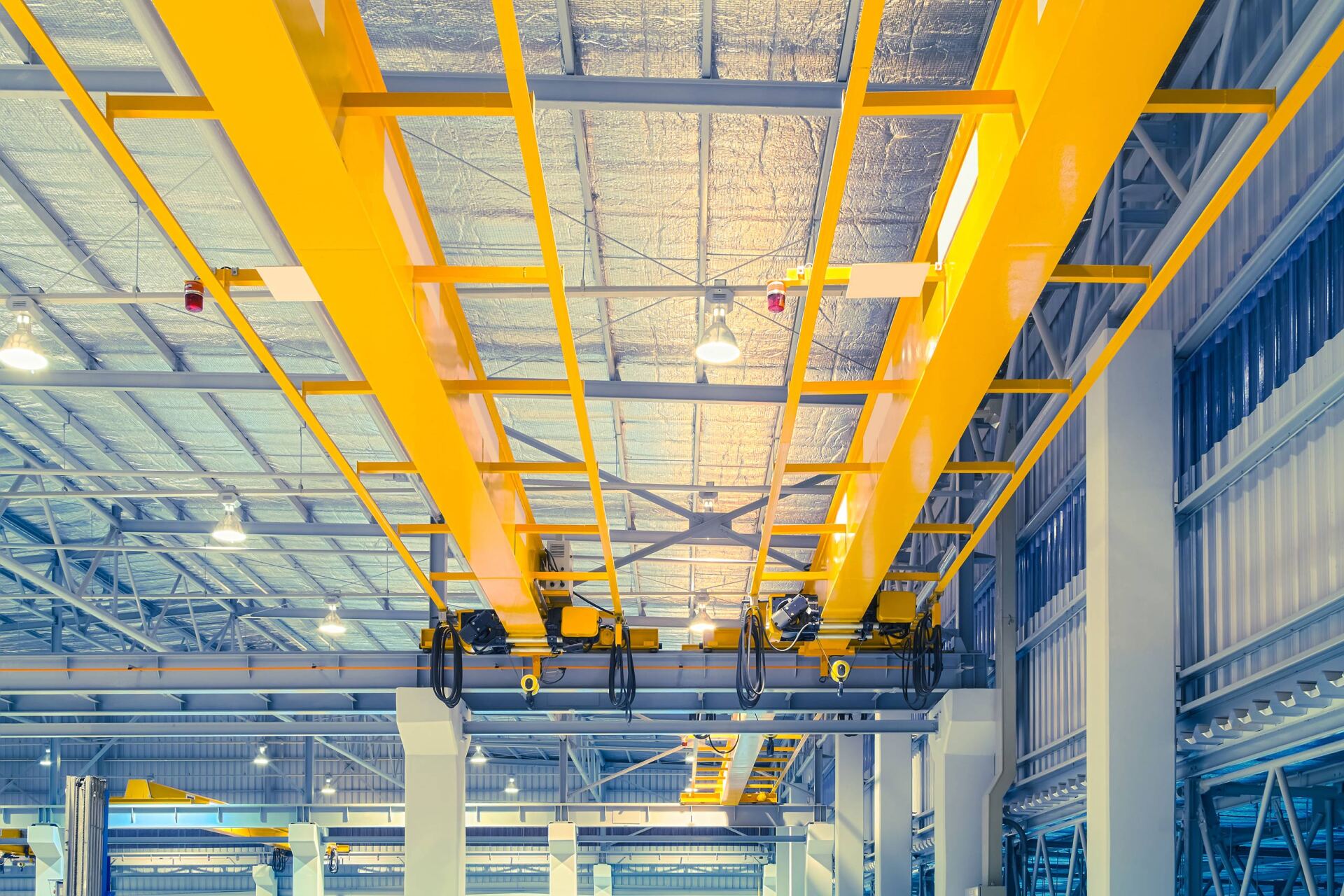

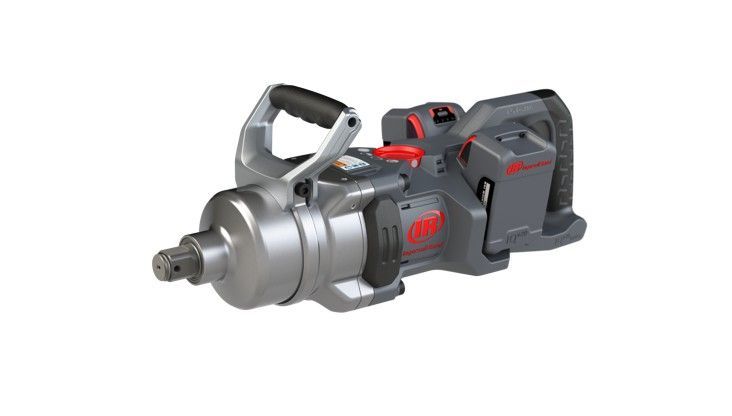
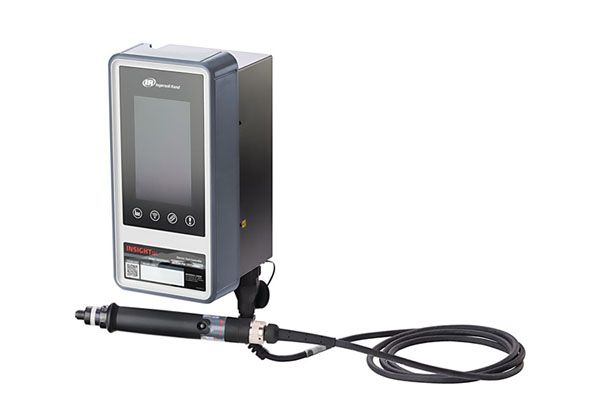
Serving
Quick Links
Contact Us
Business Hours
Hours:
- Mon - Fri
- -
- Sat - Sun
- Closed

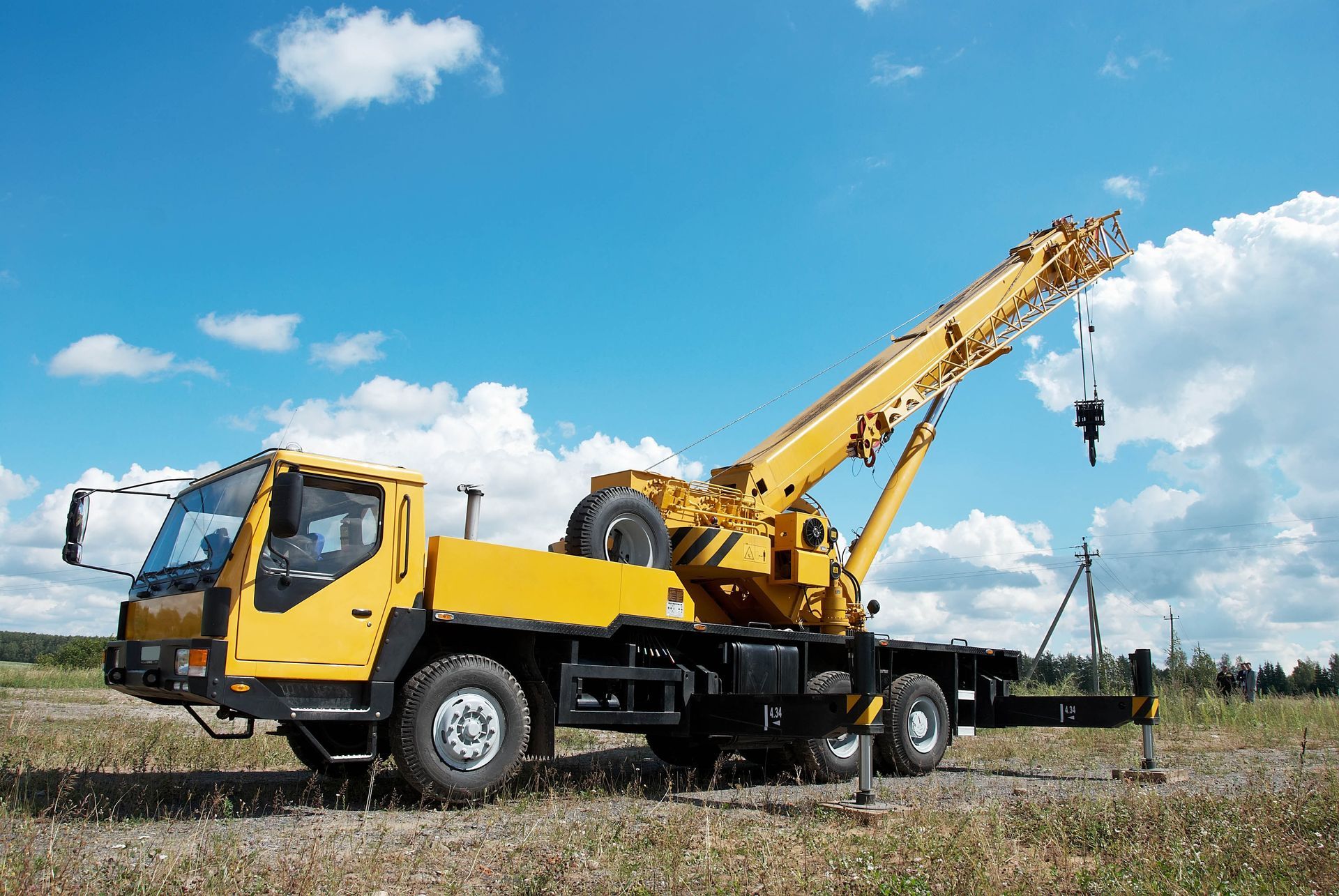




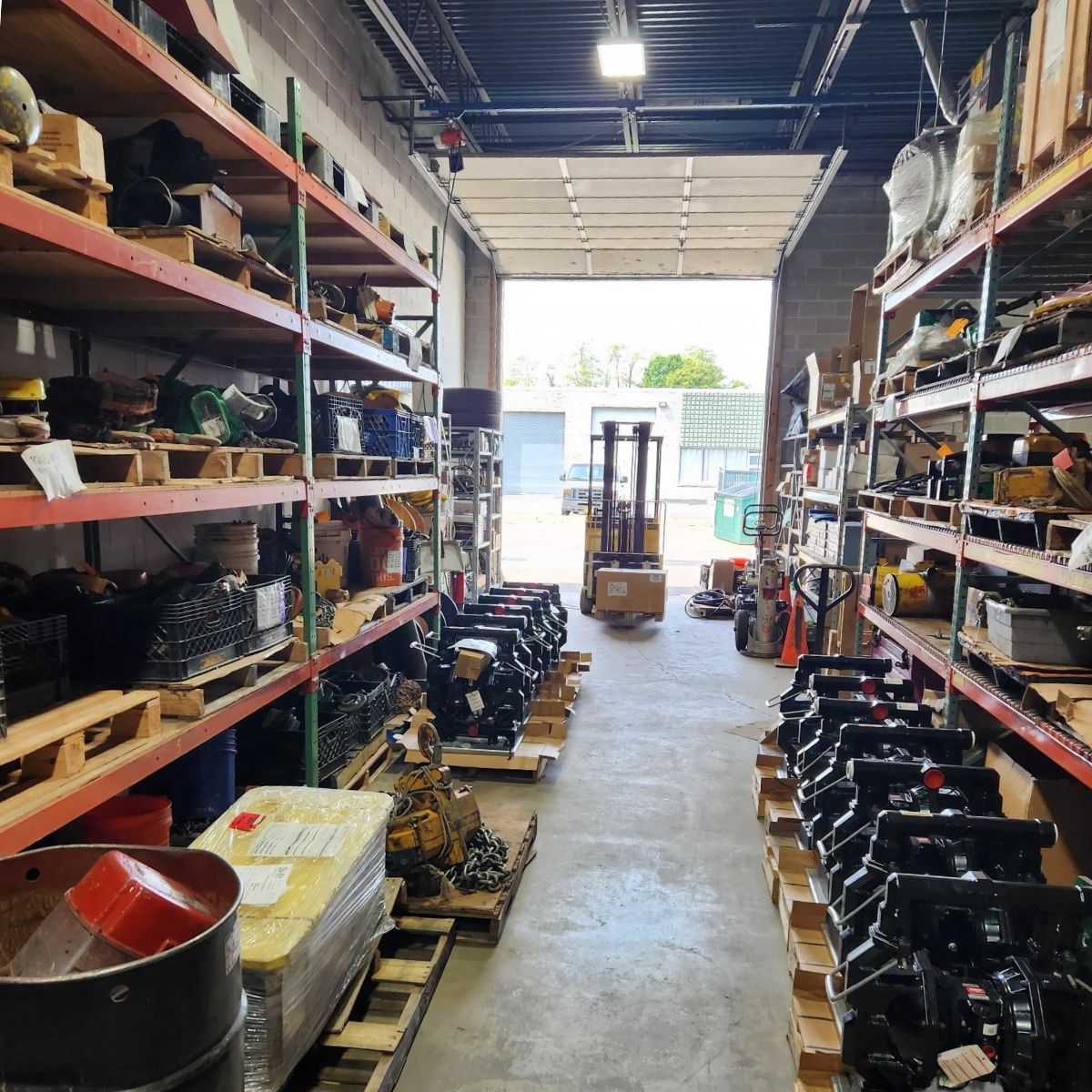
Share On: